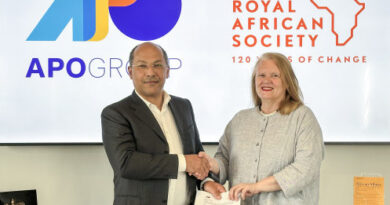Zambia Exporting Jobs in Raw Materials, Importing Poverty in Finished Goods
Zambia’s economic growth and job creation potential continue to be undermined by the persistent export of raw materials from our primary resource factors and the heavy importation of finished goods which are value added.
Every time we export unprocessed resources, we are effectively exporting jobs, skills and industrial opportunities to create for other countries who will add value.
Likewise, every time we import fully finished products, we are importing poverty, widening our trade deficit, and weakening further our local industries.
To break this cycle, we must prioritise value addition, invest in local manufacturing and strengthen our capacity to process and finish our own goods.
This above is the pathway to sustainable job creation, economic resilience and national prosperity.
In short, when Zambia exports raw materials, we are essentially exporting jobs and value creation to other economies and then when we import finished goods, we are importing poverty paying others for what we could have produced locally.
As indicated, I would like to re-emphasise that the path to sustainable prosperity lies simply in adding value at home, creating industries, and keeping wealth within our borders.



